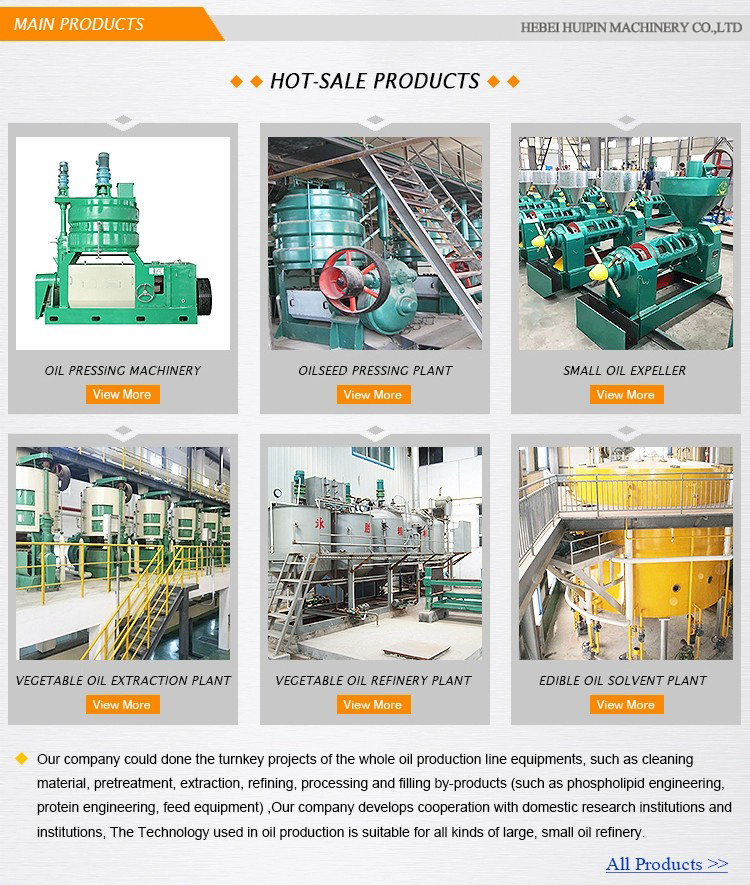វិច្ឆិកា . 25, 2024 10:47 Back to list
vegetable oil refinery service
The Importance of Vegetable Oil Refinery Services
Vegetable oil is an essential component of our daily diet and numerous culinary applications. As global demand for healthier food options and sustainable practices increases, the significance of vegetable oil refining services has become more pronounced. These services transform crude vegetable oils into refined oils that are safe, stable, and suitable for consumption and industrial use.
Refining vegetable oils is a complex process that removes impurities, free fatty acids, and other undesirable components from raw oils, which are often unprocessed and contain various contaminants. The refining process typically consists of several key stages degumming, neutralization, bleaching, and deodorization. Each of these stages plays a critical role in ensuring that the final product meets the stringent quality and safety standards required for food products.
1. Degumming This is the first stage in the refining process, where water or acid is added to the crude oil to remove phospholipids and other hydrophilic impurities. This step is crucial as these impurities can affect the oil's flavor, stability, and quality.
2. Neutralization Following degumming, the oil undergoes a neutralization process where alkaline solutions, such as sodium hydroxide, are used to neutralize free fatty acids. This step is essential to improve the oil's taste, color, and odor.
3. Bleaching After neutralization, the oil is subjected to bleaching, a process that removes pigments and other color compounds using absorbent clays or activated carbon. This step is vital for achieving a clear and appealing final product. Furthermore, it helps eliminate any residual contaminants that could affect the oil's quality.
vegetable oil refinery service

4. Deodorization The final step in refining is deodorization, where the oil is subjected to steam heating under vacuum conditions. This process effectively removes volatile compounds that contribute to undesirable odors and flavors, resulting in a neutral and pleasant-tasting oil.
The refined vegetable oils serve various purposes, from cooking and food preparation to being used as an ingredient in processed foods, margarine, and salad dressings. Beyond culinary uses, refined vegetable oils also find applications in biodiesel production, cosmetics, and pharmaceuticals, showcasing their versatility.
The role of vegetable oil refinery services goes beyond simply refining oils. These services also prioritize sustainability and environmental responsibility. Many modern refineries employ advanced technologies and practices to minimize waste, reduce energy consumption, and ensure that by-products are reused or recycled. For instance, waste from the oil extraction and refining processes can be converted into animal feed or used in biofuel production, promoting a circular economy.
In addition to sustainability, quality assurance is a cornerstone of vegetable oil refinery services. Rigorous testing and quality control measures are implemented to ensure that the refined oils meet safety standards and regulatory requirements. This commitment to quality not only protects consumers but also enhances brand reputation for manufacturers and marketers of vegetable oil products.
In conclusion, vegetable oil refinery services play a crucial role in transforming crude oils into high-quality products that are safe for consumption and versatile for various applications. As consumer preferences evolve towards health-conscious and sustainable choices, the emphasis on sophisticated refining processes will continue to grow. The importance of these services in ensuring quality, safety, and environmental responsibility cannot be overstated, ultimately contributing to a healthier and more sustainable food system.
-
HP290 First Press Oil Expeller Machinery: Efficient Oil Extraction
NewsAug.02,2025
-
Top Food Oil Refined Unit Companies w/ GPT-4 Turbo Tech
NewsAug.01,2025
-
Premium Black Seed Oil Expeller - High Efficiency Cold Press Oil Machine
NewsJul.31,2025
-
Oil Processing Equipment - High-Efficiency Flaking Machine
NewsJul.25,2025
-
High-Efficiency Peanut Oil Refined Machine for Quality Oil Production Leading Exporters & Companies
NewsJul.08,2025
-
High Efficiency Sunflower Seed Oil Press – Leading Cooking Oil Press Machine Factories & Suppliers
NewsJul.08,2025
